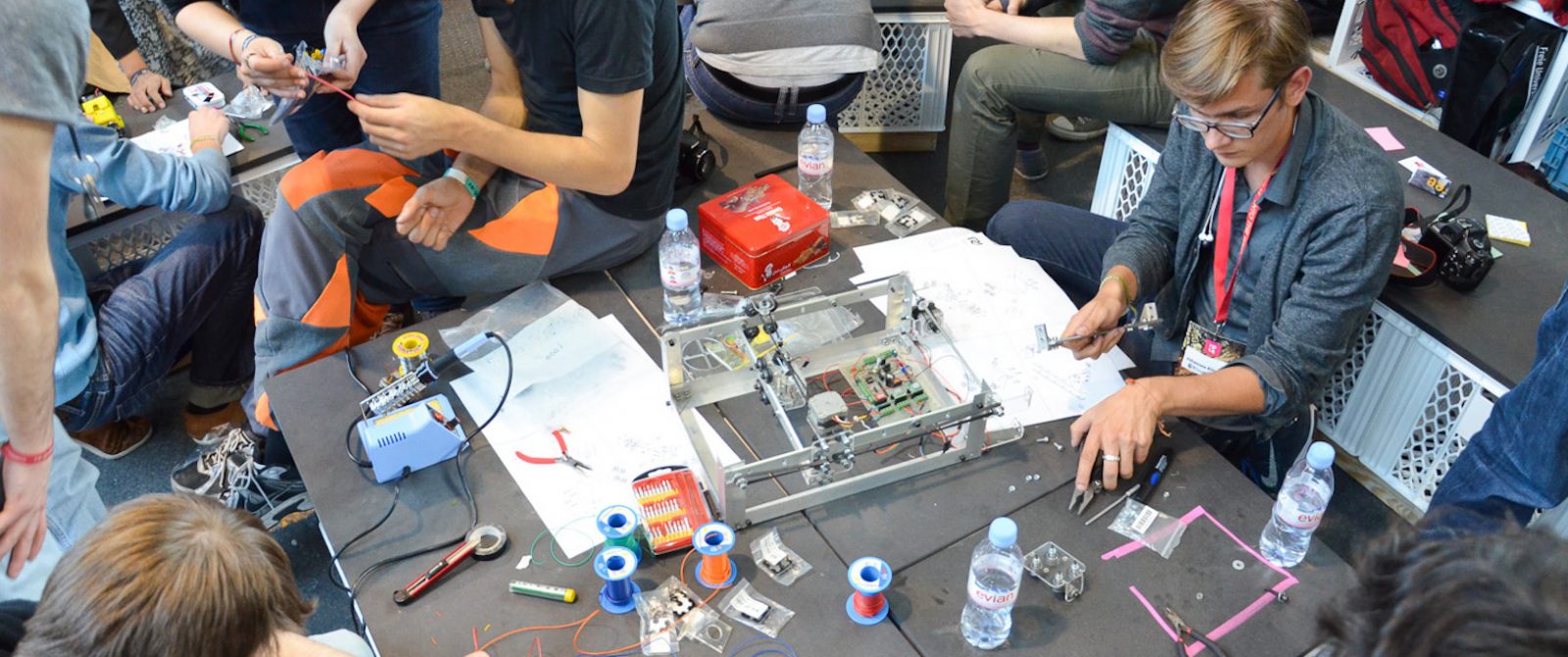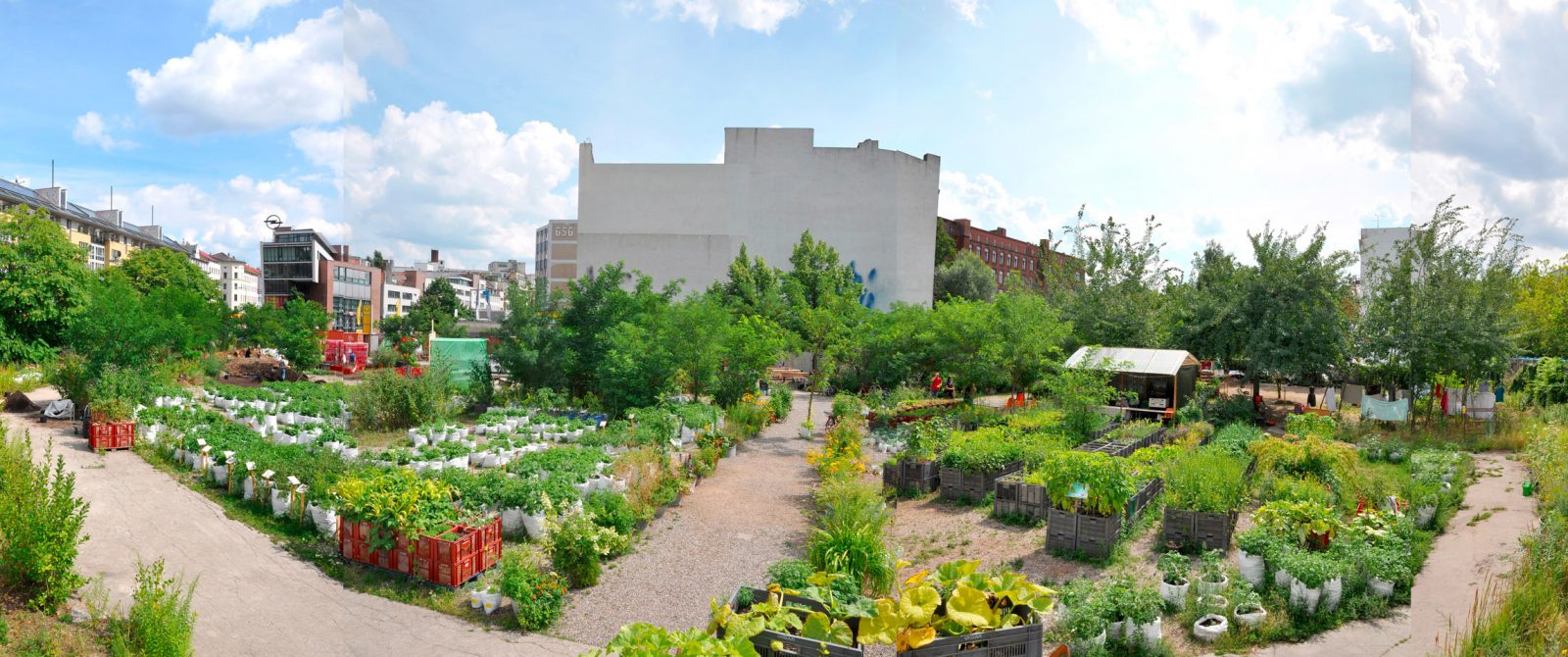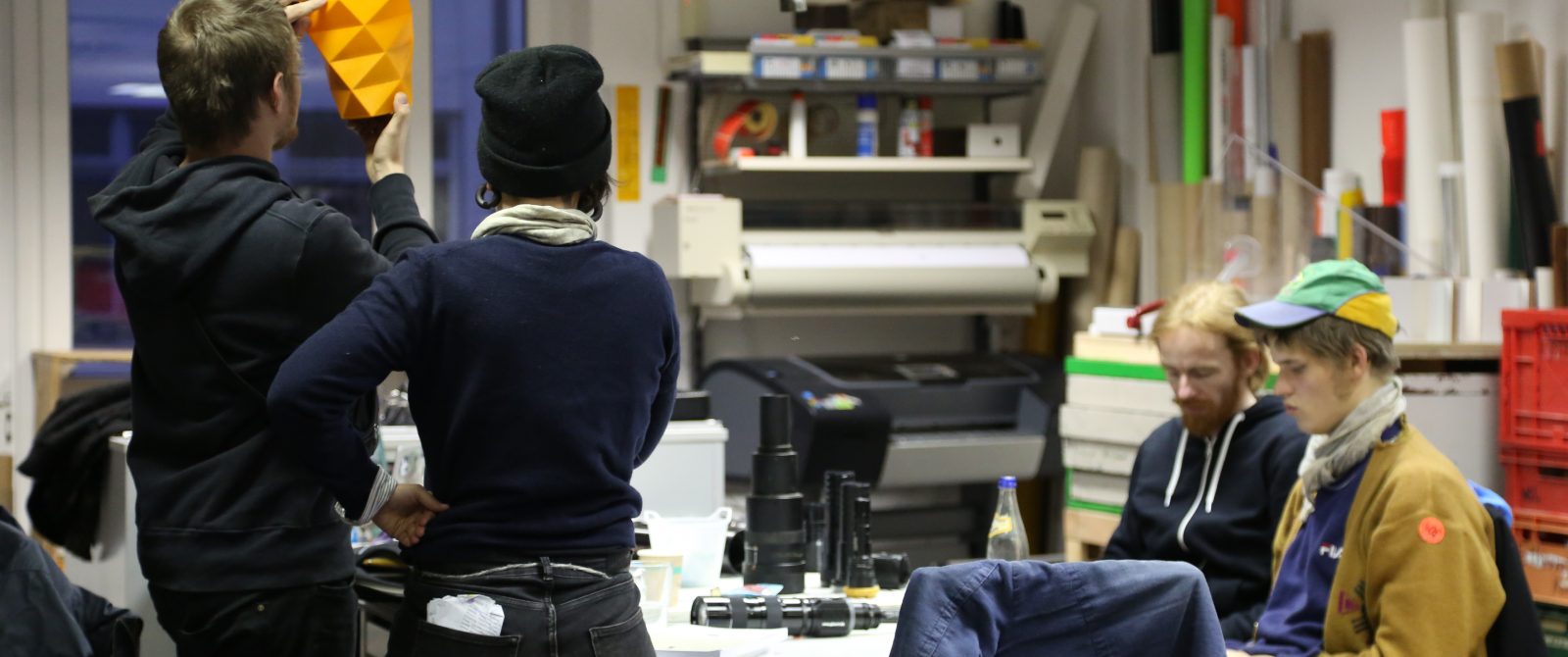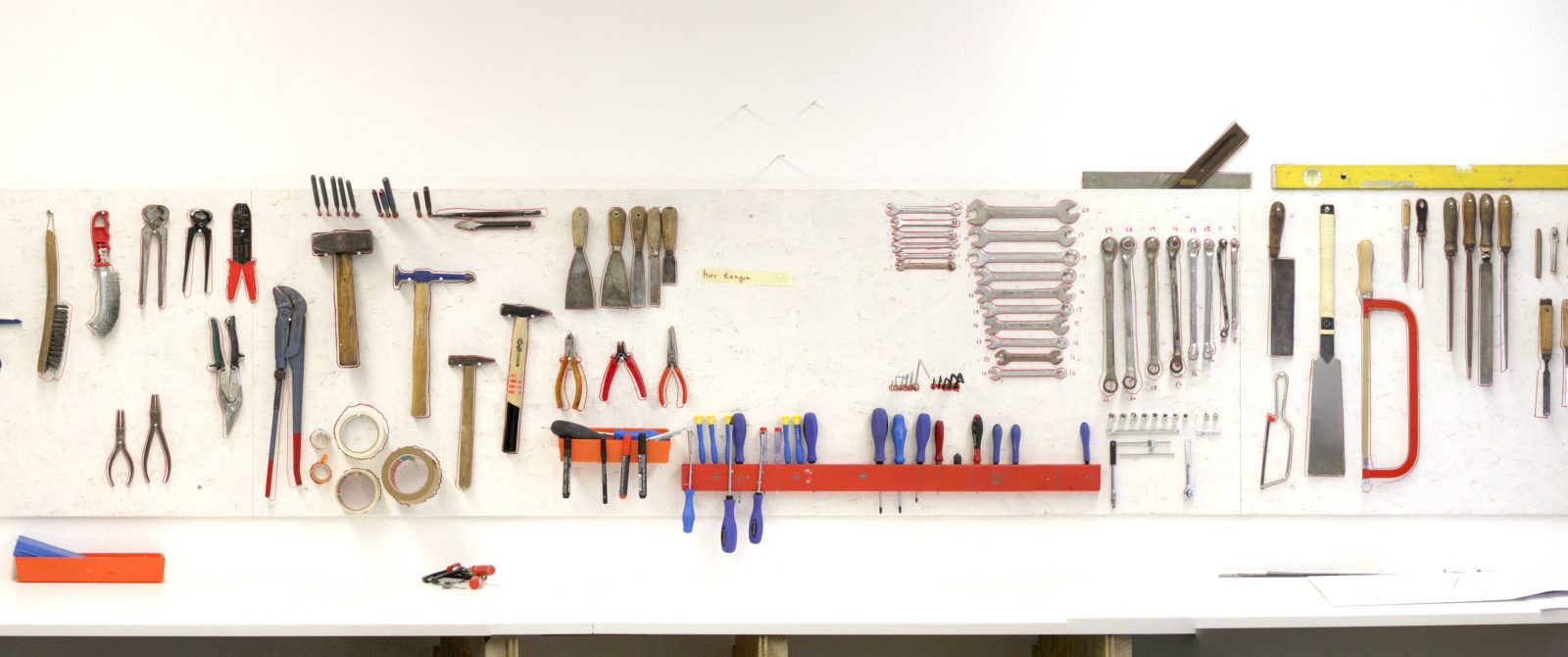Multiplicities analyses processes of value creation at the nearly 500 open maker spaces of COWERK – a Federal Ministry of Education and Research (BMBF) project.
How can we design cities in a sustainable way, while the demand for and the need to transport consumer goods keeps increasing? And can cycles be developed or patterns be established that conserve resources and reduce waste? All over Germany, initiatives are currently emerging the promise to provide practical solutions to these issues. The motto of the more than 450 open maker spaces that have been established all over Germany so far is ‘be creative, repair and do-it-yourself’. Using new technologies such as 3D printing allows such spaces to produce their own products at small volumes, make replacement parts and repair everyday items that would otherwise have to be discarded.
As part of the BMBF research association COWERK, which involves Fraunhofer UMSICHT, the IÖW and the University of Bremen, Multiplicities investigated the potential inherent in decentralised production and what positive effects such spaces for collaboration can have on a neighbourhood. Using the tool of an online survey, we were able to gather key data on this issue.
We identified factors that could lead to a good integration of grassroots initiatives into sustainable neighbourhood development. Some side effects of these places of collaborative and joint work have also been noted: for example, their central functions for alternative professionalisation and business models, the creation of commonality and identity or the role as a central actor in urban educational landscapes for sustainable action.





Client
Project time
Downloads
New (work) spaces for innovation in rural areas
Multiplicities and Belius GmbH initiate a transformation of technology and business incubators in the counties of Rendsburg and Plön (region of Kiel).
Client: Wirtschaftsförderung der Landkreise Rendsburg-Eckernförder und Plön
New narratives through inner city neighbourhood initiatives
Multiplicities and Belius GmbH design new narratives for the project development of Flussbad e.V.
Client: Flussbad e.V.